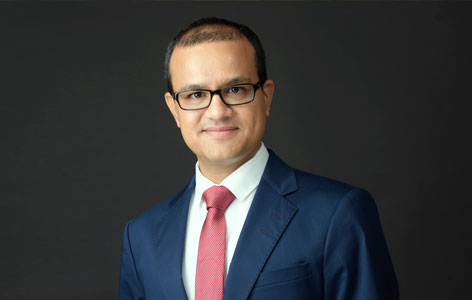
Conference: Keystone Symposia Precision Medicine in Cancer, Stockholm, Sweden April 6-10, 2018.
Conference Highlight: Discovering the initiatives being taken and the challenges being faced in precision cancer medicine.
Conference Summary: The principle of precision medicine in cancer is straightforward: by analyzing the genomic information of the tumor, actionable alterations can be identified. Targeting precisely these alterations in individual patients will lead to better treatment efficacy and less side effects. However, for the clinical implementation of precision medicine to be successful, better ways to combine genetic and clinical information are required.
The Keystone Symposia Precision Medicine in Cancer brought together researchers and clinicians to discuss challenges and future directions. Dr. Lillian Siu, senior staff medical oncologist at Princess Margaret Cancer Centre and Professor of Medicine at the University of Toronto gave a talk on the efforts and strategies in the direction of implementing precision medicine at UHN. She also emphasized the importance of data curation and sharing among all involved partners. Dr. Charles Perou from the University of North Carolina presented efforts towards building personalized computational predictors and using them at a population-based level to identify at-risk individuals. Dr. Jonas Bergh from the Karolinska Institute gave closing remarks by highlighting the need for long-term data analysis and well-designed clinical studies.
There was lively discussion on what is an actionable target and how it differs in meaning for different people. During the discussion it emerged that there is an urgent need to determine how to integrate genetic information with treatment algorithms to provide better care for cancer patients.

